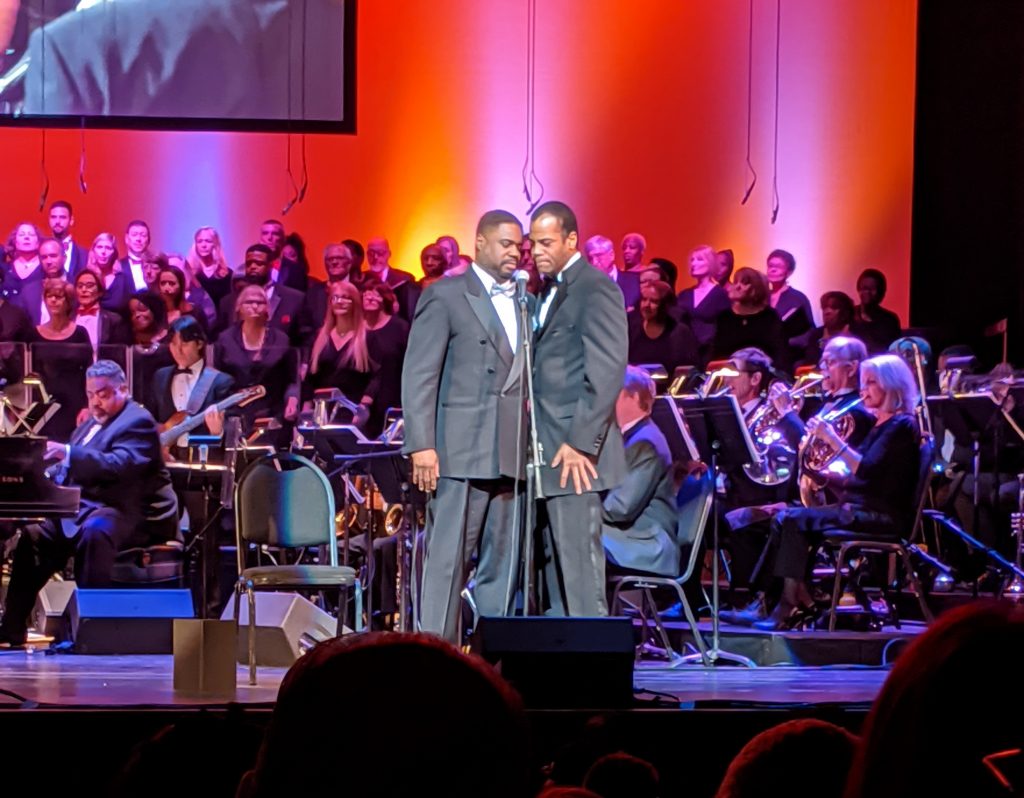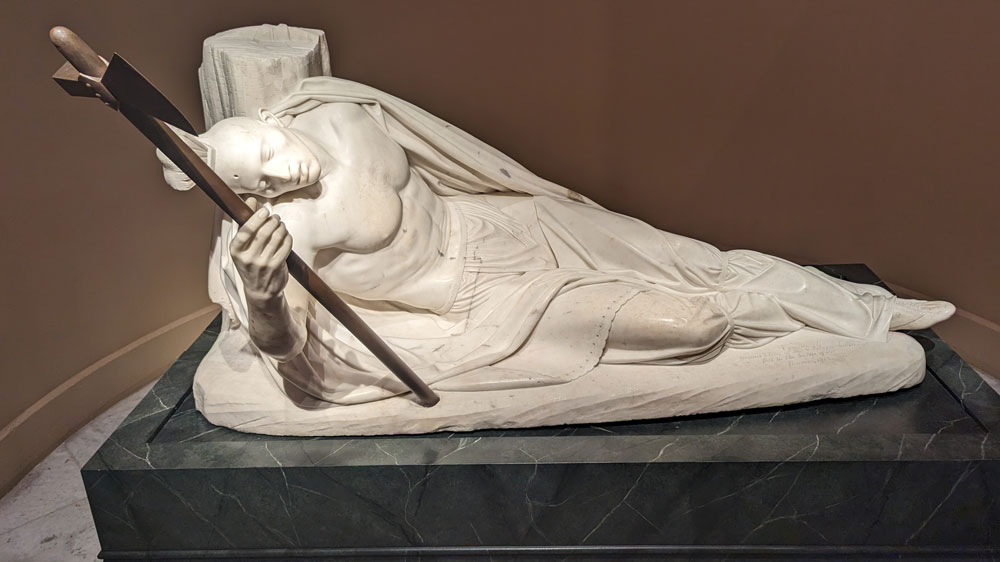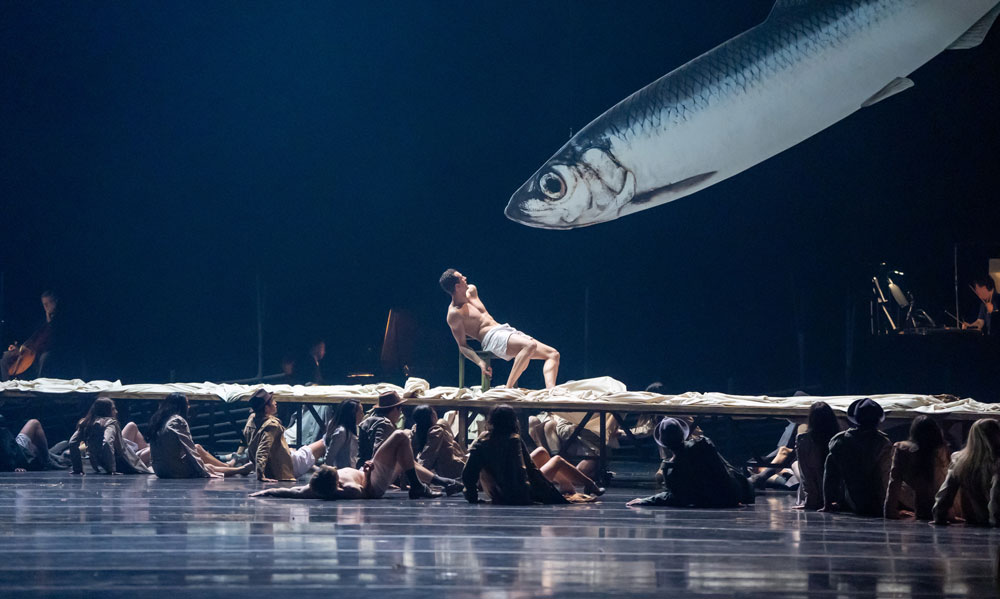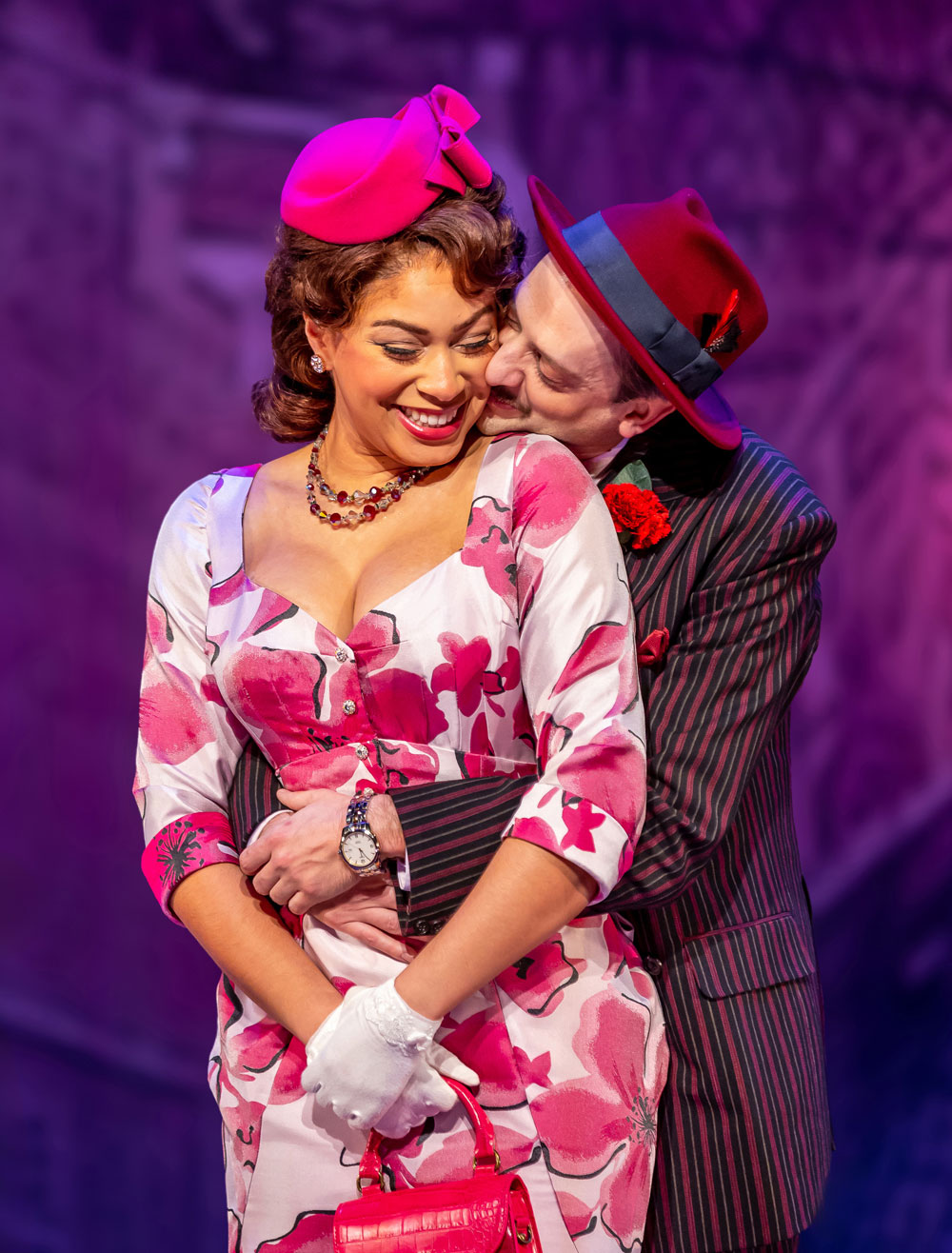
Probably one of the most enduring and compelling attributes common to the arts is their lack of complacency. Creativity has a need to push and explore and change and innovate and, in the end, excite. That may be why in its 15th year, Chicago’s Too Hot to Handel: The Jazz – Gospel Messiah felt like a ride on lightning Saturday night in the Auditorium’s concert hall.
It’s always been a terrific show. Although the Auditorium’s been presenting it since 2006, Too Hot’s roots go back to its original performance in 1993; the realized concept and vision of conductor Marin Alsop.
Handel’s original Messiah has long been tremendously popular, but Alsop felt it not only could and should be “hippified”; but that it was also uniquely amenable to adaptation. The first conductor ever to receive a MacArthur Fellowship, she collaborated with two brilliant and very different arrangers and orchestrators, Bob Christianson and Gary Anderson, to “keep the original’s bones”; but turn the rest of this iconic work into a musical avatar. Since Marin’s Too Hot to Handel premiered at Lincoln Center 27 years ago; and because of its incredible uplift, power and excellence, orchestras now perform her interpretation of the oratorio to ecstatic audiences all over the world.

Chicago can credit Bill Fraher, the music director of Old St. Patrick’s Church, for bringing it to the Windy City. Fraher had seen the show in New York and like most people who experience it, left “impressed with the power and emotion” Alsop’s adaptation radiates. He later performed slices of Too Hot at Old St. Pat’s before helping grow it to the showpiece it is today. As director of its very large, extremely impressive and heedlessly passionate choir, Fraher remains a key component of the production.
200 hundred strong, and with a treacherously fine six-man jazz band burrowed into its core, Chicago’s Too Hot orchestra blazed like the crown jewels of England throughout Saturday night’s show. Three vocalists fronted the orchestra and massive choir. One of the soloists, tenor Rodrick Dixon, performed in the New York production Fraher attended in ’98. Dixon’s wife, Alfreda Burke, sang soprano in this year’s Chicago performance. Rounding out the trio, Karen Marie Richardson’s shimmering and lush alto was particularly moving in He Shall Feed His Flock.
A flexible operatic structure was one part of the “bones” Alsop and her gifted collaborators shrewdly kept from Handel’s original creation. The grandeur and majesty of opera pays homage to the work’s foundation and melds beautifully with the jazz and gospel buttresses she and her musical magicians so beautifully devised for their update.
Mark Kelly, Chicago’s Cultural Affairs and Special Events Commissioner, in his opening remarks stoked the audience’s listening appetite by predicting that the storied concert hall was about to have its roof blown off by what they were about to witness. He wasn’t kidding. And it happened almost immediately. The opening, fueled by the strength of Dixon’s color rich tenor and an on-fire orchestra conducted by Suzanne Mallare Acton; prompted a jubilant standing ovation 15 minutes into the program.
Always scheduled to honor the birthday of Martin Luther King, Jr., Too Hot’s spiritual message of renewal becomes subliminally linked to notions of struggle, hope, persistence and triumph. Perhaps it was all those things combined that explains the allusive fervor powering the show and the many remarkable solo turns that filled the performance.
Greg Ward, the orchestra’s principal saxophonist, had heads shaking in awe and wonder every time his virtuosity was featured. And the jazz band’s pre-eminent pianist, Alvin Waddles, kept proving the singular excellence of his handling of the keys as he segued seamlessly between the exquisite and the torrid.

Even technology stepped in to make Too Hot to Handel’s musical largesse personal and engaging. A projection screen suspended at the rear of the stage, well above the choir but low enough to be comfortably viewed by the audience, took you inside the orchestra to give the production an unexpected intimacy. Cameras roamed the stage from above and from the sides as well straight on and behind to add a refreshing and surprising vitality to the concert.
Temperatures outside might have been painfully frigid, but Saturday night saw the Auditorium stage smokin’.
Too Hot to Handel: The Jazz – Gospel Messiah
January 18, 2020 7:30pm
January 19, 2020 3:00pm
The Auditorium Theater
50 East Ida B. Wells Drive
Chicago, IL 60605


